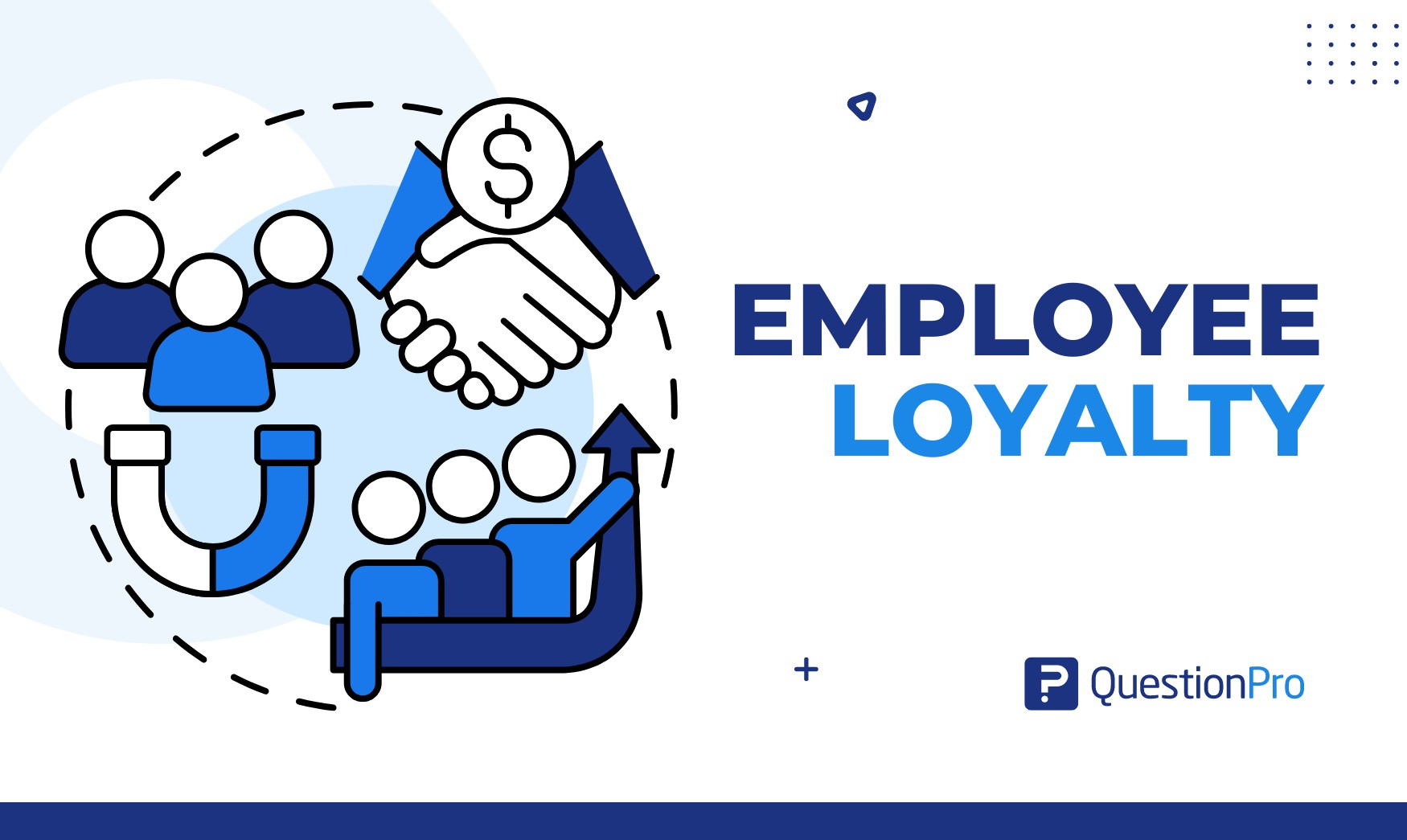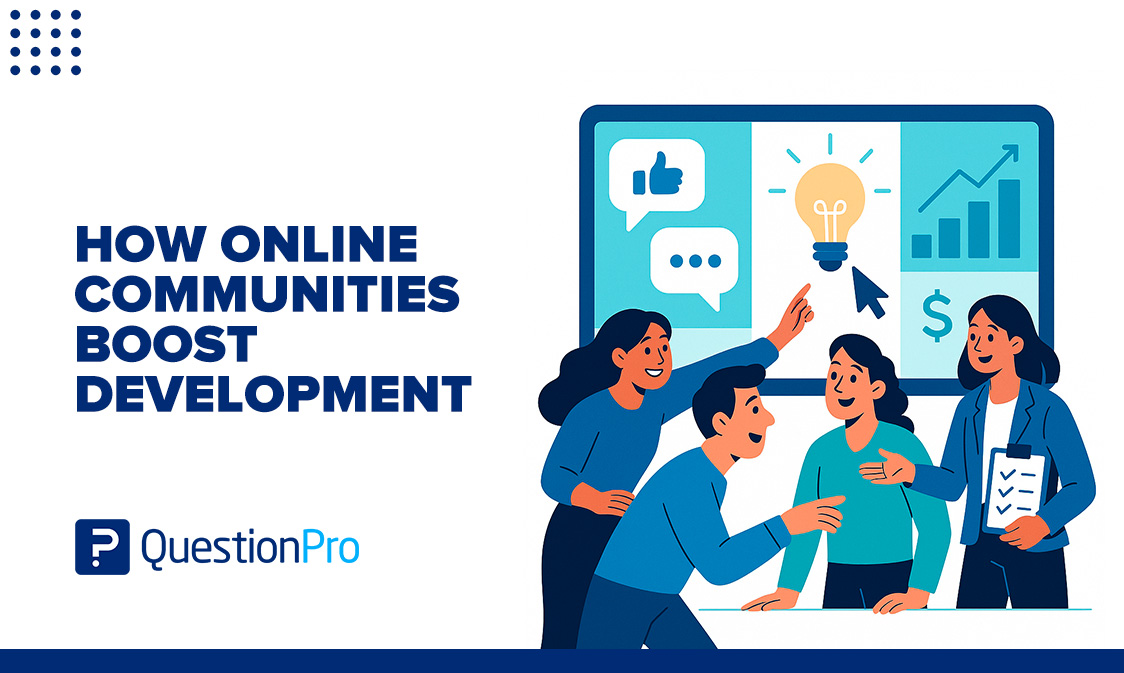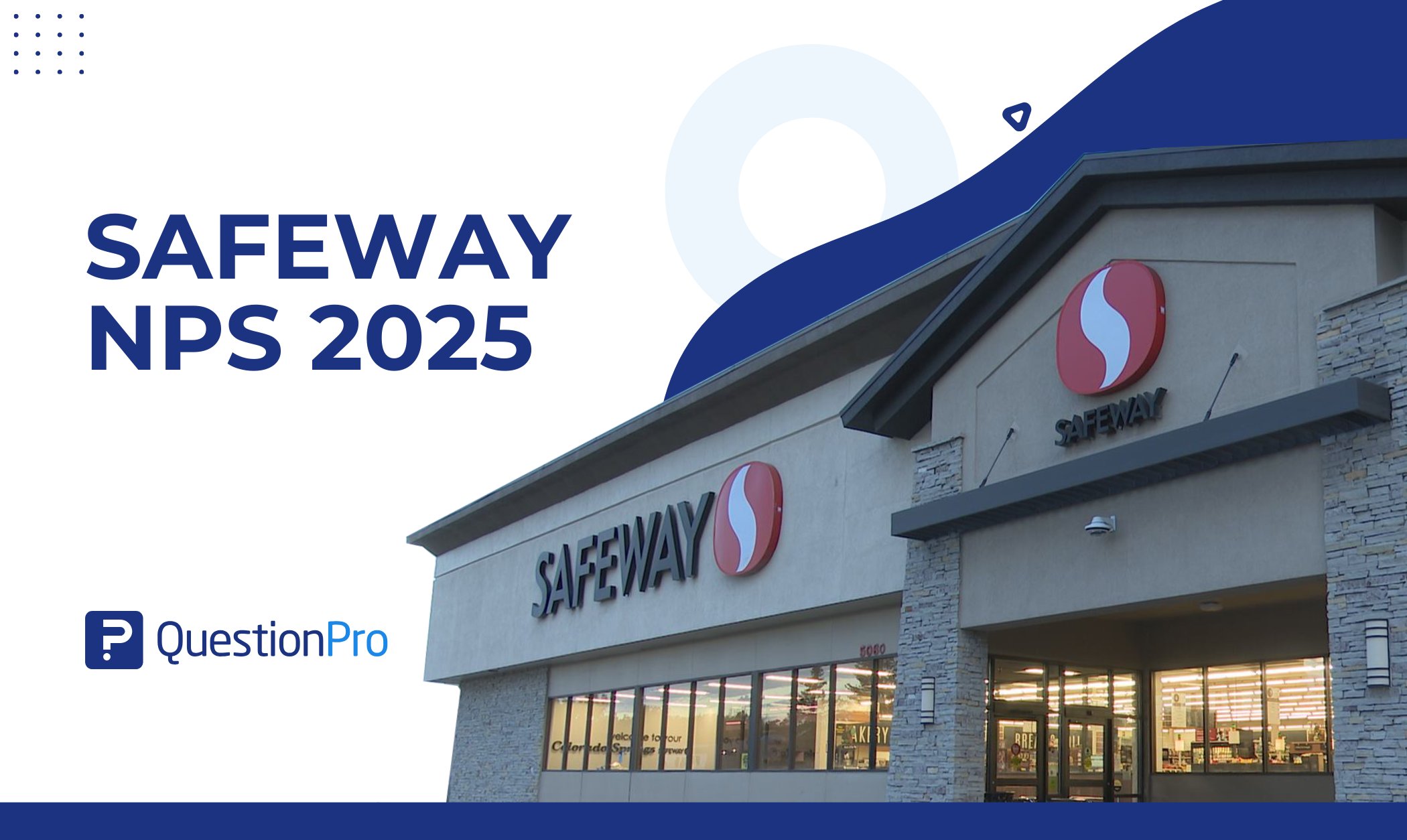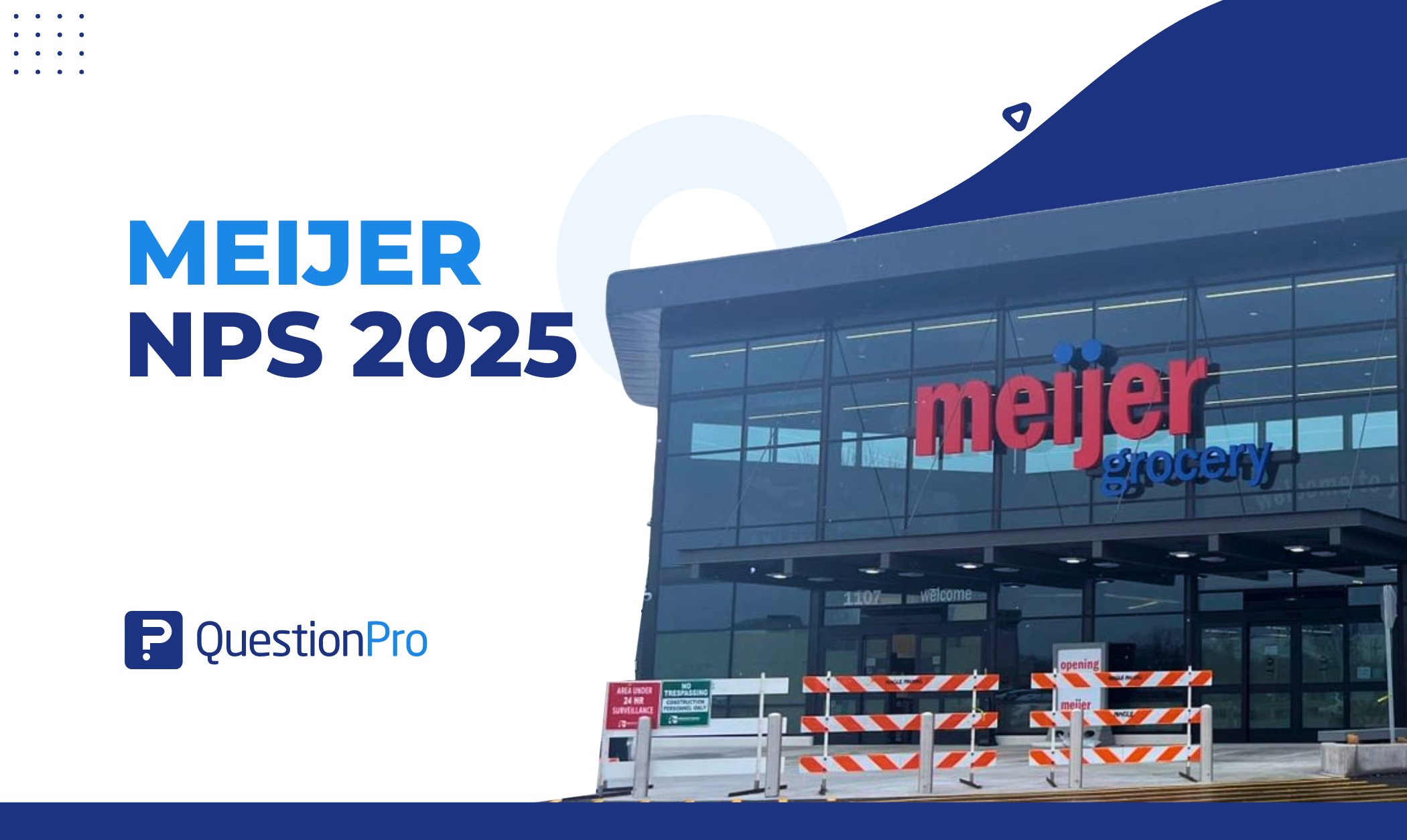
Employee loyalty is more crucial than ever for organizational success. Employee loyalty encompasses individuals’ dedication and commitment toward their company, often demonstrated by their willingness to stay, contribute wholeheartedly, and support the company’s goals.
Loyal employees are more than just satisfied with their jobs. They believe in the organization’s mission and values, creating a more productive and harmonious work environment.
In this blog, we’ll explore the significance of employee loyalty, the factors that influence it, and the strategies organizations can use to enhance it. By understanding and implementing these approaches, companies can create a loyal workforce that drives long-term success and stability.
What is Employee Loyalty?
Employee loyalty is the commitment and dedication an employee has toward their organization. It reflects the willingness of employees to stay with a company, contribute to its goals, and go above and beyond in their roles.
Loyal employees strongly believe in the organization’s mission, values, and leadership, translating into consistent performance and a desire to see the company succeed. This loyalty often results from positive employee experiences, such as:
- Job satisfaction
- Recognition
- Opportunities for growth and
- A supportive work environment
When loyal employees are more likely to remain with the company for a longer period, reducing turnover and creating a stable, productive work environment, this, in turn, can lead to increased morale, higher productivity, and a positive organizational culture.
Why is Employee Loyalty Important in the Workplace?
Employee loyalty is crucial in the workplace for several reasons, all contributing to a business’s overall success and sustainability. Here’s why it matters:
1. Increased Productivity
Loyal employees are typically more engaged and motivated, leading to higher productivity. They are committed to the company’s goals and often go above and beyond in their roles, positively impacting the business’s performance.
2. Reduced Turnover Costs
High employee loyalty reduces employee turnover rates, saving the company significant costs for recruiting, hiring, and training new employees. Retaining loyal employees means keeping institutional knowledge and experience within the company, which is valuable for long-term success.
3. Enhanced Company Culture
Loyal employees contribute to a positive workplace culture. They are more likely to collaborate effectively, support their colleagues, and create a cohesive work environment. This culture can attract more top talent and foster long-term organizational stability.
4. Better Customer Service
Employees who are loyal to their company are more likely to provide exceptional customer loyalty service. Their dedication and satisfaction often translate into better client interactions, increasing customer satisfaction and retention.
5. Innovation and Continuous Improvement
Loyal employees are often vested in the company’s success and are more inclined to suggest improvements or innovative ideas. Their deep understanding of the company’s operations allows them to identify areas for growth and innovation, driving continuous improvement.
6. Brand Ambassadors
Loyal employees become brand ambassadors for the company, both online and offline. They are likely to speak positively about their employer, which can enhance the company’s reputation and attract new clients or top talent.
7. Resilience During Challenges
Loyal employees are more likely to stay with the company during tough times, helping it navigate challenges. Their commitment can be instrumental in weathering economic downturns, market shifts, or other crises, ensuring the company remains resilient.
8. Higher Morale and Job Satisfaction
When employees feel loyal to their company, their job satisfaction and morale increase. This creates a more positive work environment, reducing stress and burnout and fostering long-term employee well-being.
Factors Influencing Employee Loyalty
Several factors influence and measure employee loyalty, each critical in how connected and committed employees feel to their workplace. A high employer Net Promoter Score often reflects a workplace where mutual respect between employees and management fosters loyalty and job satisfaction. Find out the factors:
- Job Satisfaction: Satisfied employees are more likely to be loyal. Job satisfaction stems from meaningful work, fair compensation, and a supportive work environment.
- Recognition and Rewards: Regularly recognizing and rewarding employees for their hard work and achievements can significantly boost loyalty.
- Career Development Opportunities: Employees are likelier to stay with a company that provides clear growth, learning, and advancement paths.
- Work-Life Balance: Companies that promote work-life balance through flexible hours, remote work options, and wellness programs often see higher employee loyalty.
- Leadership and Management Support: Trust in leadership and feeling supported by management are essential for fostering loyalty.
- Company Culture and Values: A positive and inclusive company culture that aligns with employees’ values encourages them to stay longer.
- Job Security: Employees who feel secure in their roles are more likely to be loyal to their employer.
How to Improve Employee Loyalty
Improving employee loyalty requires a strategic approach focused on enhancing job satisfaction, recognizing contributions, and creating a positive work environment. Here’s how to implement effective strategies in these key areas:
1. Strategies for Building Job Satisfaction
Building job satisfaction is essential for fostering employee loyalty, productivity, and morale. Here are some key strategies to enhance job satisfaction:
- Offer Competitive Salaries and Benefits: Ensure that compensation packages are competitive within the industry and include comprehensive benefits such as health insurance, retirement plans, and wellness programs.
- Ensure Employees Have the Tools and Resources They Need to Succeed: Provide employees with the necessary equipment, technology, and support to perform their jobs efficiently and effectively.
- Create an Open and Communicative Work Environment: Foster a culture of transparency where employees are regularly informed about company goals, performance, and changes. Encourage open dialogue and active listening between staff and management.
2. Implementing Effective Recognition Programs
Effective recognition programs boost employee morale, engagement, and loyalty. Here’s how to implement them:
- Establish Regular Recognition Programs to Celebrate Employee Achievements: Develop formal recognition programs such as Employee of the Month, annual awards, or milestone celebrations to acknowledge exceptional contributions.
- Create Recognition to Individual Preferences: Understand and cater to individual preferences for recognition, whether through public acknowledgment, bonuses, additional time off, or personalized gifts.
3. Providing Clear Career Paths and Development Programs
Providing clear career paths and development programs is essential for creating employee loyalty, motivation, and engagement. Here’s how to implement them effectively:
- Offer Professional Development Opportunities: Invest in training, workshops, and mentorship programs to help employees develop their skills and advance their careers.
- Communicate Potential Career Progression Within the Company: Clearly outline career progression opportunities, including possible promotions and lateral moves, to help employees envision their future.
4. Promoting Work-Life Balance Initiatives
Promoting work-life balance is crucial for maintaining employee well-being, reducing burnout, and enhancing overall job satisfaction. Here are some effective initiatives to foster a healthy work-life balance:
- Implement Flexible Work Arrangements: Provide remote work, flexible hours, or compressed workweeks to help employees manage their personal and professional responsibilities.
- Encourage Employees to Take Regular Breaks and Vacations: Support employees in taking time off to recharge and maintain their well-being. Promote a culture where taking breaks and using vacation time is encouraged and respected.
5. Strengthening Leadership and Management Practices
Strong leadership and management are critical for fostering a positive work environment and enhancing employee loyalty. Here’s how to strengthen these practices:
- Provide Leadership Training to Managers: Through targeted training programs, equip managers with the skills needed to support, guide, and motivate their teams effectively.
- Foster a Culture of Open Communication Between Employees and Management: Encourage regular, transparent communication and feedback between managers and their teams to build trust and address concerns promptly.
6. Cultivating a Positive and Inclusive Company Culture
A positive and inclusive company culture supports employee engagement and loyalty. Here’s how to cultivate it:
- Promote Diversity, Equity, and Inclusion (DEI) Within the Company: Implement DEI initiatives to create a workplace where all employees feel valued and included. Provide training and support to foster an inclusive environment.
- Encourage Team-Building Activities and Employee Engagement Programs: Organize activities and programs that promote team cohesion, employee engagement, and a sense of community within the workplace.
7. Ensuring Transparency and Job Security
Transparency and job security contribute to stability and trust within the organization. Here’s how to ensure these factors:
- Maintain Open Lines of Communication About Company Performance and Future Plans: Keep employees informed about the company’s performance, strategic goals, and any changes that may affect them. Transparency helps build trust and confidence.
- Provide Clear Information About Job Expectations and Potential Career Trajectories: Ensure employees understand their job responsibilities, performance expectations, and career paths within the company.
Tips to Improve Employee Loyalty
Improving employee loyalty is essential for fostering a dedicated and engaged workforce. Here are key tips to enhance company loyalty:
- Offer Competitive Compensation: Ensure salaries and benefits are aligned with industry standards. Competitive pay and comprehensive benefits packages demonstrate that you value your employees’ contributions and support their well-being.
- Provide Career Development Opportunities: Invest in training, mentorship, and career advancement programs. Clear career paths and opportunities for professional growth help employees envision a future within the company and feel invested in their roles.
- Implement Effective Recognition Programs: Recognize and celebrate employee achievements regularly. Tailor recognition to individual preferences, whether through public acknowledgment, bonuses, or extra time off, to show appreciation for their hard work.
- Promote Work-Life Balance: Offer flexible work arrangements, such as remote work options or flexible hours, and encourage employees to take breaks and vacations. A healthy work-life balance helps prevent burnout and supports overall well-being.
- Strengthen Leadership and Management: Invest in leadership training to enhance managers’ ability to effectively support and guide their teams. Foster open communication, provide constructive feedback, and lead by example to build trust and respect.
- Cultivate a Positive Work Culture: Promote diversity, equity, and inclusion to create a supportive work environment. Engage employees through team-building activities and encourage a sense of community within the organization.
- Ensure Transparency and Job Security: Communicate openly about company performance, goals, and any changes. Provide clear information about job expectations and career trajectories to build employee loyalty, trust, and a sense of stability.
Benefits of Employee Loyalty Programs
Implementing programs that enhance employee loyalty can lead to a range of benefits for the organization:
- Reduced Employee Turnover: Loyal employees are less likely to leave, saving the company time and resources on recruitment and training.
- Increased Productivity and Performance: Loyal employees are often more engaged and motivated, leading to higher productivity.
- Enhanced Company Reputation: Companies known for high employee loyalty often attract top talent and enjoy a better public image.
- Stronger Team Collaboration and Cohesion: Loyalty fosters stronger team relationships and collaboration.
- Cost Savings on Recruitment and Training: Lower turnover means fewer resources are spent on hiring and training new employees.
Challenges in Maintaining Employee Loyalty
While the benefits of employee loyalty are clear, maintaining it is challenging. This section explores the common obstacles to employee loyalty, the impact of economic downturns, and the unique challenges of remote and hybrid work environments.
While employee loyalty is essential, maintaining it can be challenging:
Common Obstacles to Employee Loyalty
- Lack of recognition and appreciation.
- Limited career advancement opportunities.
- Poor leadership and management practices.
Impact of Economic Downturns on Loyalty
- Economic instability can lead to layoffs and job insecurity, diminishing loyalty.
- Employees may feel uncertain about their future and look for more stable opportunities.
- Remote work can create feelings of isolation, impacting loyalty.
- Maintaining a strong company culture and communication in hybrid environments can be challenging.
How QuestionPro Workforce Can Contribute to Employee Loyalty
QuestionPro Workforce can significantly enhance employee loyalty by providing tools that promote engagement, satisfaction, and growth within the organization. Here’s how it contributes to building employee loyalty:
- Feedback Collection: QuestionPro Workforce allows organizations to gather detailed feedback through surveys, polls, and assessments. Companies can proactively address concerns and demonstrate that employee voices are valued by regularly collecting employee opinions on job satisfaction, work environment, and management practices.
- Actionable Insights: The platform offers robust analytics and reporting features that transform survey data into actionable insights. This helps organizations identify trends, measure engagement levels, and pinpoint areas for improvement. Acting on these insights shows employees that their feedback leads to meaningful changes, fostering trust and loyalty.
- Customizable Surveys: QuestionPro Workforce enables the creation of customized surveys tailored to specific needs, such as pulse surveys, exit interviews, and 360-degree feedback. This flexibility ensures that organizations can continuously monitor and respond to employee needs and preferences, enhancing job satisfaction and retention.
- Employee Engagement Tools: The platform includes features for employee engagement, such as recognition programs and engagement tracking. By implementing recognition programs and measuring employee loyalty and engagement, organizations can create a positive work environment that values and rewards employees, boosting morale and loyalty.
- Career Development Tracking: QuestionPro Workforce helps track career development and training needs through feedback and assessment tools. By identifying skills gaps and development opportunities, companies can support employee growth and career progression, reinforcing their commitment to employee development and long-term retention.
Conclusion
Cultivating employee loyalty is a strategic endeavor that pays substantial dividends for employees and the organization. The benefits range from increased productivity and reduced turnover to enhanced company culture and better customer loyalty and service.
Key strategies such as offering competitive compensation, recognizing achievements, promoting career development, and fostering a positive work environment are vital in nurturing loyalty.
Tools like QuestionPro Workforce can further support these efforts by providing valuable insights and actionable feedback to continually improve employee engagement and satisfaction. By prioritizing employee loyalty, organizations can build a resilient and dedicated workforce, ultimately paving the way for sustained success and growth.
QuestionPro Workforce contributes to employee loyalty by providing tools for effective feedback collection, actionable insights, and targeted engagement initiatives. This creates a responsive and supportive work environment, ultimately increasing employee satisfaction and loyalty.







